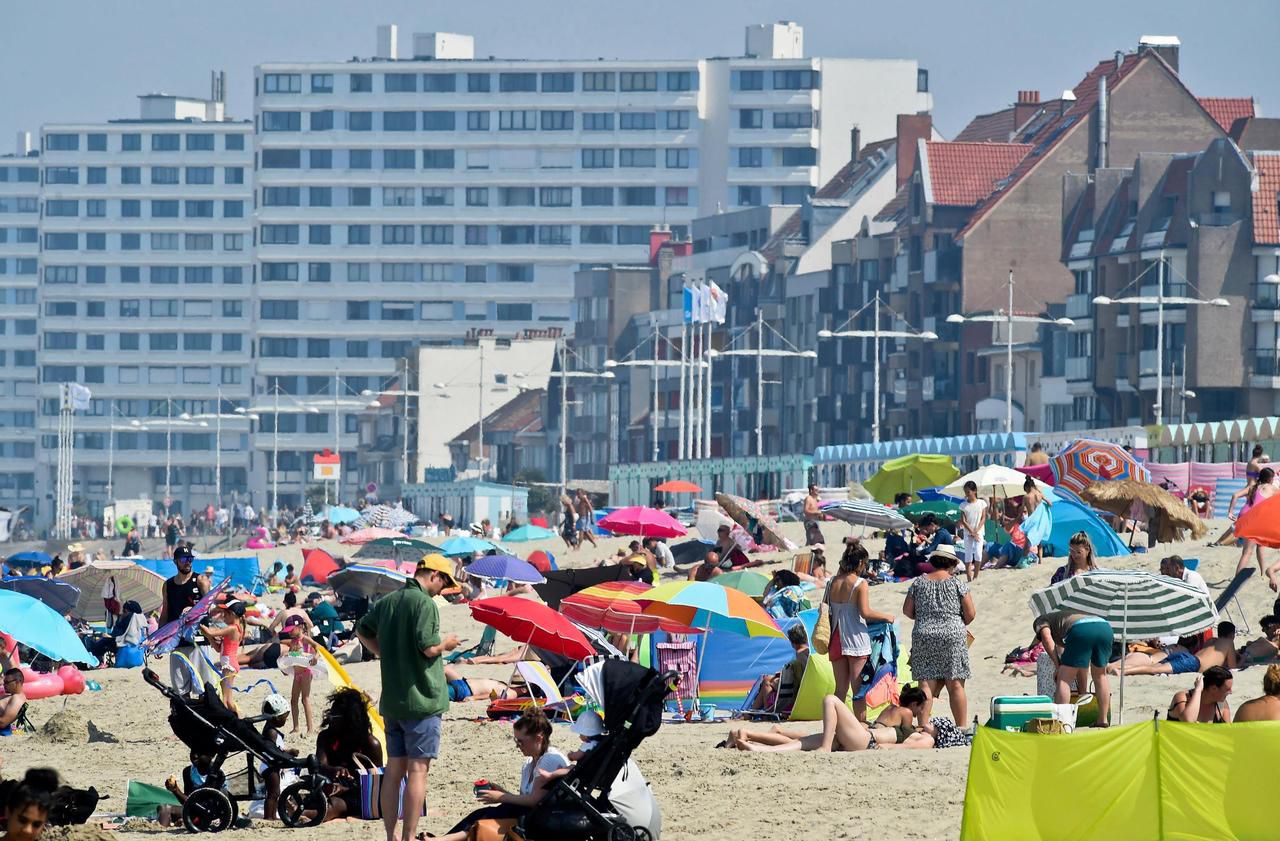What if the flow of tourists moved from the French Riviera to Dunkirk (North) within thirty years? “It's very plausible. Not sure that the southern beaches remain attractive if they turn into a furnace. Especially since not only will it be warmer throughout France, but in addition the temperature difference between the south and the north will be more marked ”, specifies Jean Michel Soubeyroux, climatologist of Météo France.
By this date, transport will be faster, planes will be able to link Paris to Tokyo in 4 hours, pocket translators will put an end to the language barrier ... However, Didier Arino, director of the research firm Protourisme, is betting on the rise of "proximity holidays", "the change of scenery will be in simpler, more authentic things," he predicts. Because more of us will be living in huge and polluted metropolises, we will increasingly want parentheses that allow us to breathe.
The OECD, in a report published in 2018, on future tourism trends, pointed to “the preponderance of new generations and their predilection for original, personalized and ecological trips. »Hotel in the sand, summer on the farm, hikes on the towpaths, stay in the trees ...
“Brittany and Normandy could do well. Including resorts less known than Deauville such as Bagnoles-de-l'Orne, which offers activities in the forest and in fresh water,” points out Didier Arino.
Methodology. Météo France had its machines milled to allow us to create this map presenting a heatwave episode in 2050. It provided us with the maximum values of thirty metropolitan cities, according to a simulation validated by scientists, based on the experience of hot July 2019, the second largest recorded in France. "We did not want to base ourselves on the heat wave of 2003, because the models show us that in 2050, an episode of this type will remain exceptional in intensity and duration", insists Christine Berne, climatologist at Météo France. In the current state of science, we calculate that in 2050 a heat wave will be 1.2 to 1.5 ° C hotter than the one we know at the moment if we follow the scenario of "leave do ”, established by Le Giec (Intergovernmental Group of Experts on the Climate).

